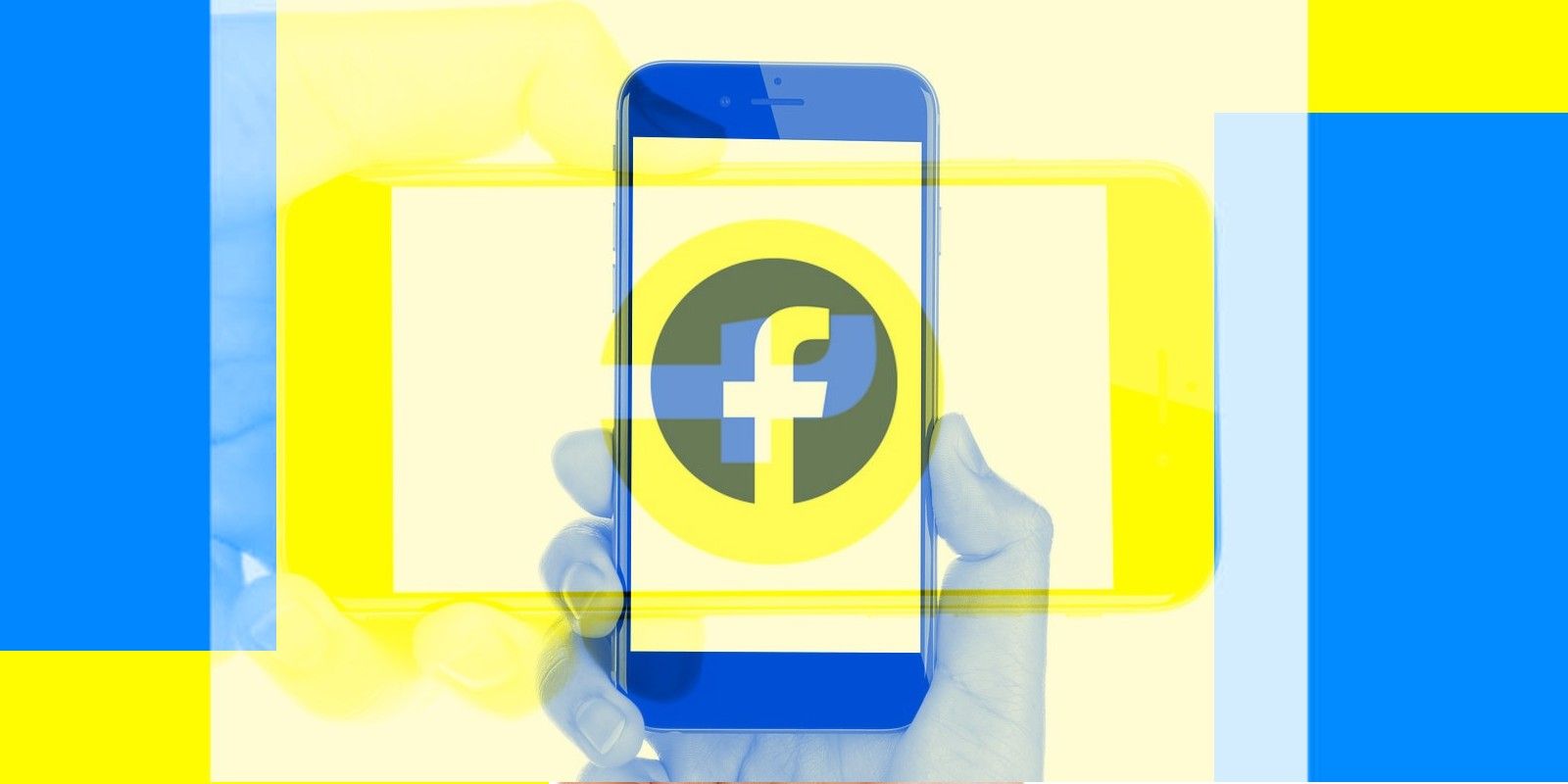Facebook offers a program that allows users in developing countries to access the platform and a few other internet services for free, but due to software issues that the company reportedly knew about and sat upon for months, users were collectively charged millions of dollars for using cellular data. The service in question is called Free Basics and aims to “connect the unconnected.” It is a part of a Facebook initiative called Internet.org and includes partnerships with carriers in a number of developing countries to let users visit Facebook, ESPN, and Wikipedia among others, without incurring a data charge.
As to be expected, not everyone was psyched about Facebook acting as a gatekeeper to the internet for hundreds of millions of users, most of whom might be visiting the internet for the first time. The service was banned in India citing net neutrality concerns. By 2018, however, it was available in over 50 countries and remains extremely popular in African countries. Still, activists and experts continue to criticize the service for violating net neutrality principles and have even likened it to digital colonialism. CEO Mark Zuckerberg, on the other hand, defended it by implying some internet is better than no internet.
It appears that the service might not have been as free as first thought. According to an investigation by The Wall Street Journal, the service had software issues that Facebook knew about, but didn’t fix for months, resulting in users getting charged by telecom operators for data usage. The findings are not surprising, though. The company is also said to have been aware of Instagram’s adverse ill-effects on teens and chose to ignore the red flags. As for the Free Basics issue, internal documents suggest that employees knew about the problem and one of them even remarked that charging users in such a fashion is a breach of its own transparency principles. Collectively, these data charges are said to have reached as much as $7.8 million dollars each month, with video-watching the largest contributor.
Not A First For Facebook
“When users are in Free Mode and believe that the data they are using is being covered by their carrier networks, even though these users are actually paying for the data themselves,” reads the software problem’s definition in internal documents, while referring to the issues as leakage. The free mode is essentially a stripped-down browsing experience that only offers access to text content and disables video playback. If users go ahead and try to play the video, they are warned via a notification about data charges that will be levied by carriers. However, the notification feature doesn’t always work. Facebook, which now goes by the name Meta, says it has already fixed some of the core issues and continues working to resolve the rest, the notification alert included.
Facebook argues that the estimated data overcharges are only about $3 million each month, much lower than the $7 million+ figure touted by the report. However, the problem is not just about a software bug. As one employee reportedly remarked internally, the issue doesn’t hurt Facebook’s carrier partners and is actually helping them make more money. Per a United Nations report, an estimated 2.9 billion people representing about 37% of the world’s total population have never experienced the internet, with most of them living in underdeveloped or populous developing nations. The company is targeting those markets under its Facebook Connectivity program, which now also includes a similar Wi-Fi service to offer limited internet access to users for free.
Source: The Wall Street Journal


